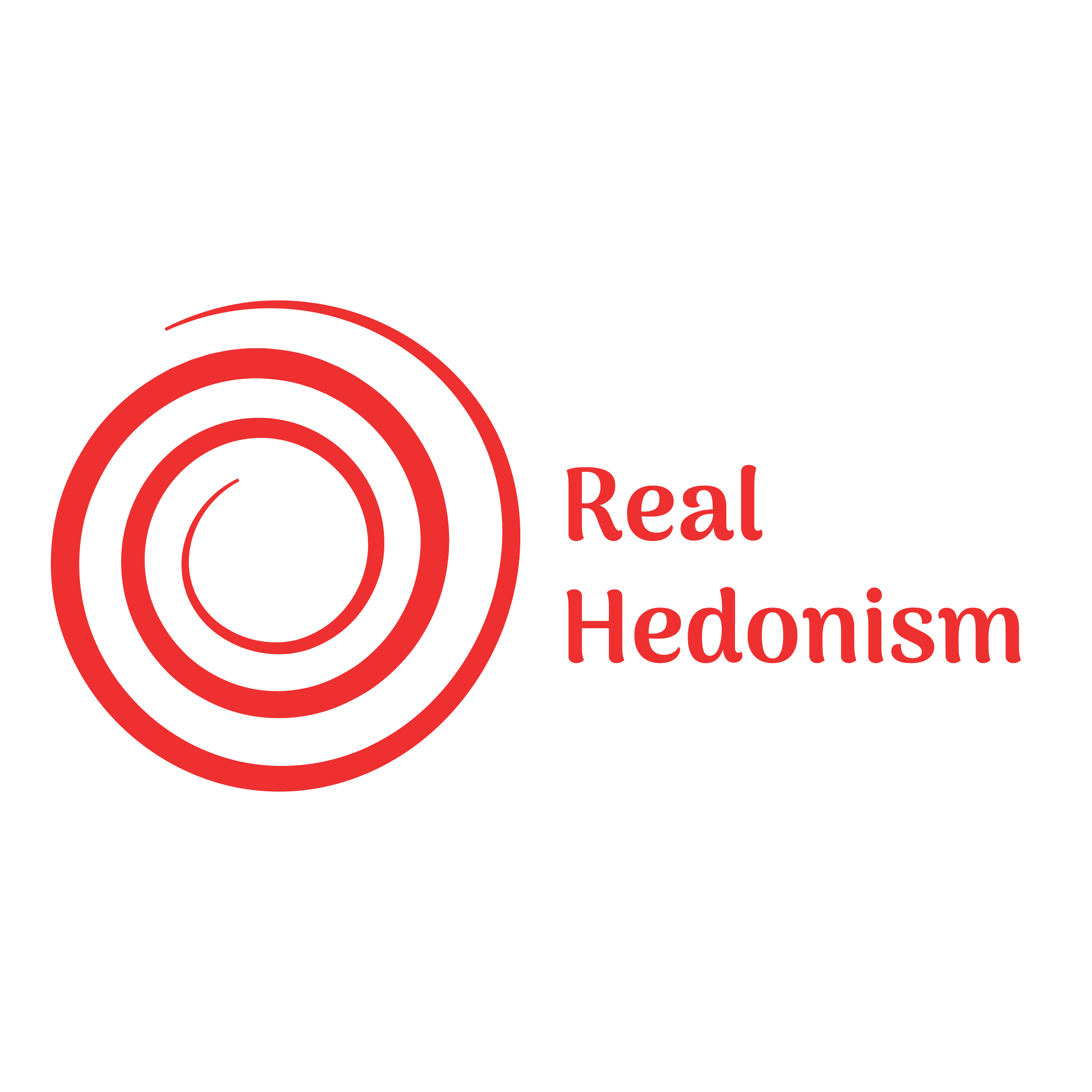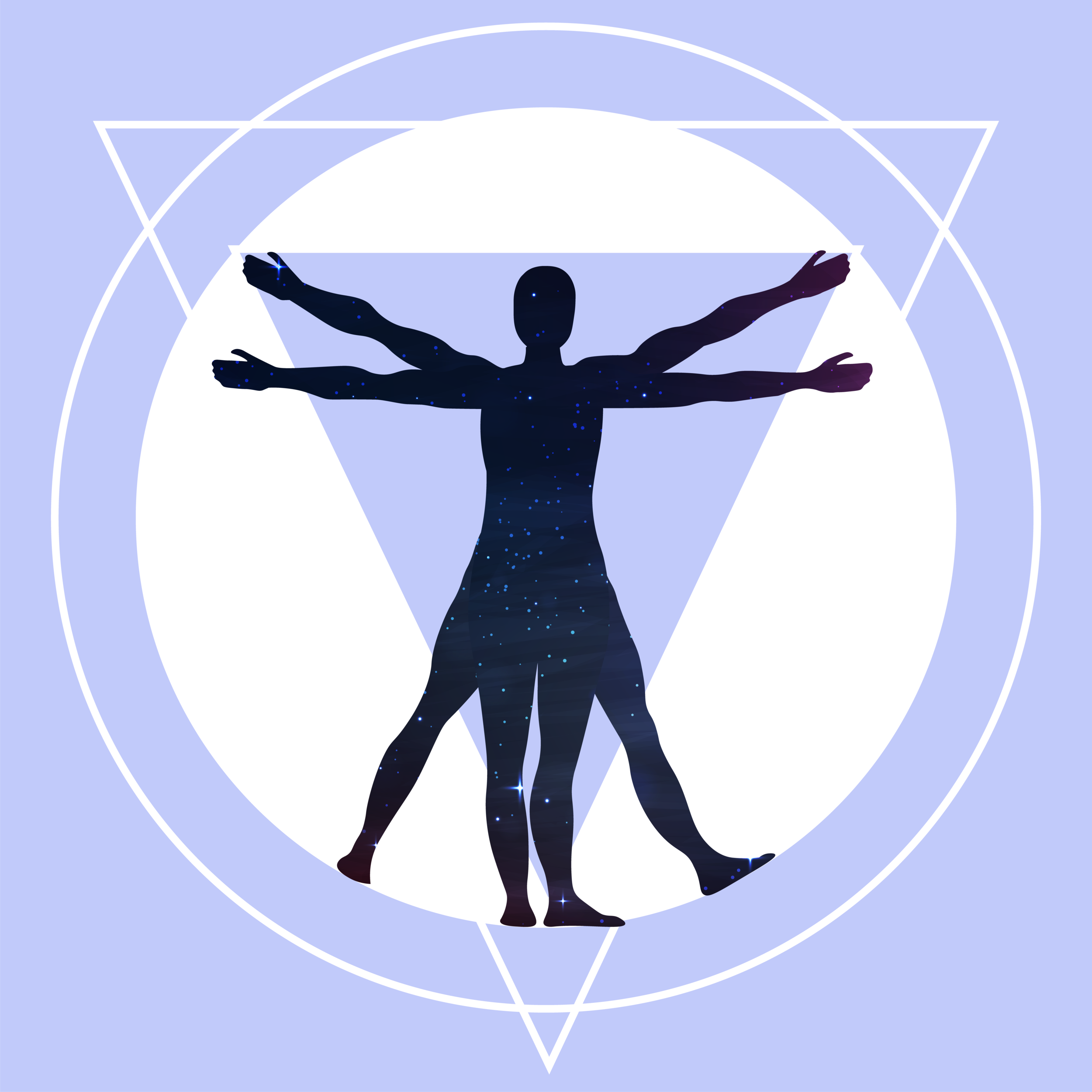Embodied Philosophy
The “better” pleasures
If you type “pleasure vs happiness” into google, you will find an intense number of articles. All of the ones that we read said the same thing in slightly different ways: pleasure is a mere physical experience that often distracts from the pursuit of the almost undefinable but obviously far more important happiness.
We think there are distinctions to be made between different types of pleasure being better or worse for specific people at specific times, no doubt. Not all pleasure is the same. But the distinction between pleasure and happiness or joy is usually only made in order to frame physical pleasures as bad.
There are many philosophers, quite a few utilitarians for instance, who think that pleasure is the most important thing in life, but that certain pleasures are more important than others. Specifically, they think that physical pleasures are good, but they are nowhere near as good as “higher pleasures” such as intellectual ones.
Similarly, there are many religious folks who see pleasure as a distraction from “higher” spiritual truths. The actual majority of people on this planet believe that our physical reality is an illusion or something close to hell when compared to the afterlife. No matter what the specifics, many of the people on our planet believe there is very little overlap between the sensual and the sacred.
And of course, there are many wonderful activists who relentlessly work to solve some problem and to better others. From this group of people, we often hear that pleasure is good, but not as good as the knowledge that you have done the right thing. They say that the sense of self-worth and the social returns that they get from serving others far outweigh any mere pleasure.
There is a thread that connects all of these people, the activists, the religious and the philosophical (not to mention the starving artists, relentless entrepreneurs and so many other categories of people). They all believe, to different extents, that pleasure refers to the happiness of the body and that this sort of happiness is not as valuable as some other kind. We think this belief is problematic because there is no way to separate social, intellectual, or spiritual pleasures from physical ones.
Every thought or experience, no matter how cerebral or mystical it may seem, is intricately tied to feelings that are felt in the body.
We feel happiness with our bodies
There is a question that is popular in our dancing and heart-centered business communities. I don’t know who I learned it from specifically because I hear it so often. It takes many forms, but it more or less goes like this: “how does that make you feel in your body?” This question is simple at first glance, but it is monumentally important for helping people dive deeper into understanding how they feel.
Oftentimes we say that we are happy or sad, but single words don’t do much to explain an emotional state. A more effective way to explain how you feel to another person is by explaining what you are feeling in your body. Many people, for instance, describe feeling anger as heat that originates in their core and then moves toward their extremities. The feeling of elation that I experience by being in nature often feels like a fullness in my diaphragm. The feelings of sexual attraction and romantic love feel like, you know, fire in the loins and all that.
The beautiful thing is that it is quite simple to “listen” to your body and become quite a bit wiser about how the things around you make you feel, in a literal and physical sense.
Many people think of pleasure as a purely physical subset of happiness. They often look down upon it because of this. But if we experience everything as physical creatures, then every happy or positive experience is inherently a physical one.
The inner peace that is often sought via meditation is not only good for your mental health and possibilities of liberation, it feels good. It helps people be more aware of the intricacies of their physical experiences and the causal relationships between how they spend their time and their quality of life.
Feelings of spiritual joy and social wellbeing may be some of the best feelings that we can feel, and we must remember that since they elicit positive responses in our bodies, they are firmly rooted in the bedrock of pleasure.
Pleasure is 👍
Pleasure, like love, can mean a whole lot of different things. It can refer to anything from the feeling of a deep breathe with your nose pressed to a flower to the feeling of that exhausted exhale after a long day of cleaning trash out of your local greenbelt. It can be purely sensual, highly cerebral, and completely based on the pleasure of others.
Once we come to understand that all types of happiness can be experienced as types of pleasure in the body, there is a truly exciting notion that naturally follows. We do not need to read a specific book or do a specific movement practice in order to know how best to live our lives.
The greatest wisdom is in our bodies.

